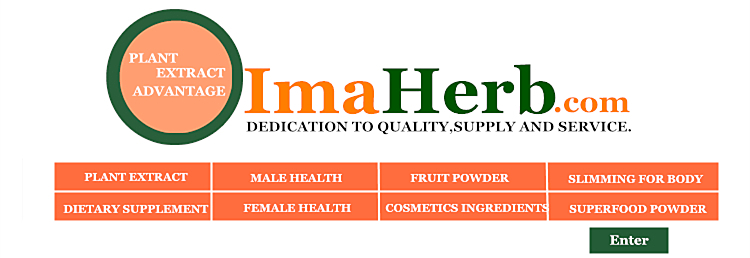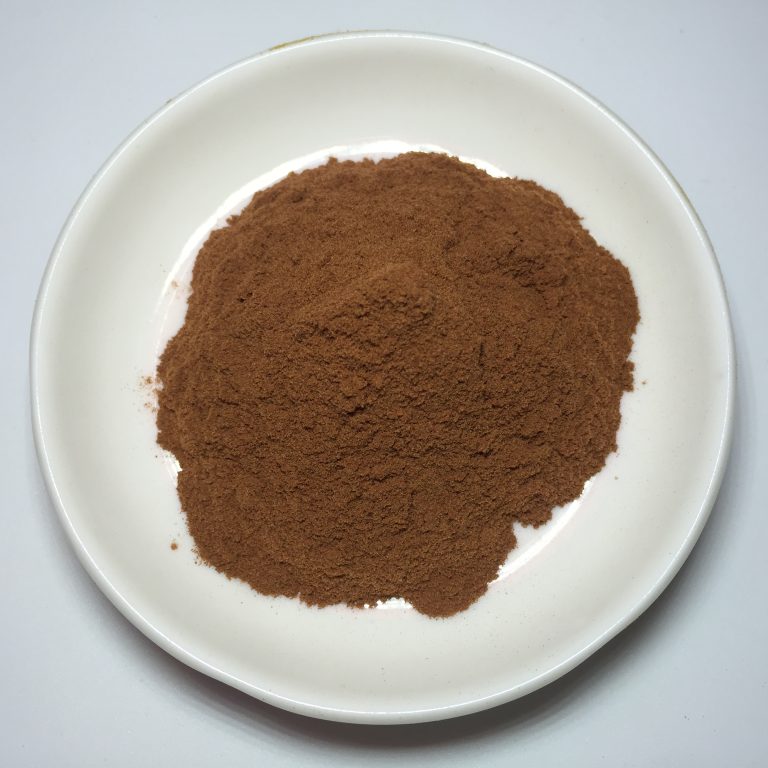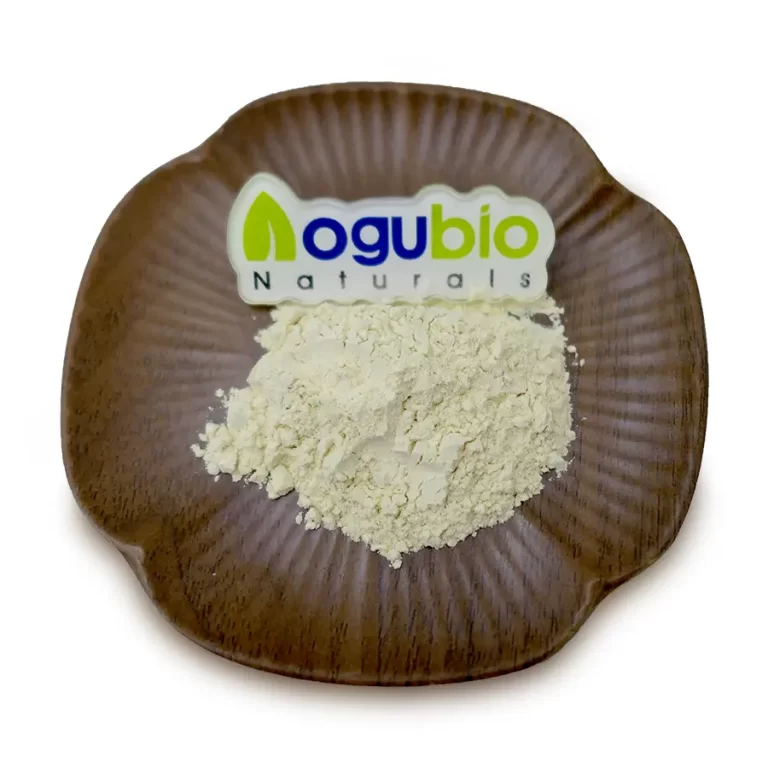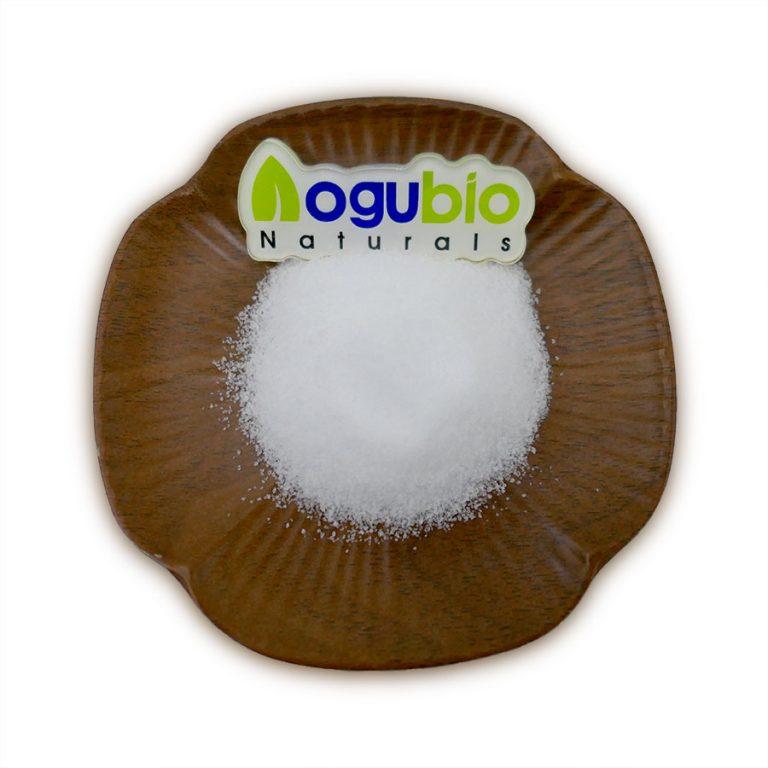What is N Acetyl Cysteine?
2018-06-08

N Acetyl Cysteine
For more than three decades, a safe, low-cost compound has provided millions of people relief from the coughing, wheezing, and thick phlegm associated with cold and flu. Of course, pharmaceutical companies long ago co-opted it for profit by incorporating it into various patented drugs.
The sad consequence is that most aging individuals have never heard of it. Even many doctors remain unaware of its potential role as a frontline defense against some of today’s most deadly public health threats, including:
- Acetaminophen toxicity and acute liver failure: the number one cause of acute liver failure in the United States.
- Influenza: whose victims are primarily aging individuals—three quarters of all flu-related deaths occur in the elderly.
- Chronic obstructive pulmonary disease: the fourth-leading cause of death in the United States (includes emphysema and chronic bronchitis).
- Helicobacter pylori: the bacterial culprit behind stomach ulcers, and a potentially lethal pathogen closely linked to malignant gastric cancer, the second most frequent cause of cancer death worldwide.
Fortunately, renewed clinical interest in its broad-spectrum benefits is yielding fresh data on promising interventions for this safe, effective compound.
How does it work?
N-acetyl cysteine treats acetaminophen (Tylenol) poisoning by binding the poisonous forms of acetaminophen that are formed in the liver. It is also an antioxidant, so it may play a role in preventing cancer.
Effective for
- Acetaminophen (Tylenol) poisoning. N-acetyl cysteine is effective in reducing the death rate and preventing the permanent harm caused by acetaminophen poisoning. For this use, N-acetyl cysteine given by mouth is as effective as N-acetyl cysteine given intravenously (by IV).
- Collapse of part or all of a lung (atelectasis). N-acetyl cysteine helps treat collapsed lungs caused by mucus blockage.
- Diagnostic lung tests. N-acetyl cysteine is helpful when used to prepare people for diagnostic lung tests.
- Care of people with a tube in their windpipe (people who have undergone a tracheostomy). N-acetyl cysteine helps prevent crusting in people with a tube in their windpipe.
Side Effects & Safety
N-acetyl cysteine is LIKELY SAFE for most adults, when used as a prescription medication. It can cause nausea, vomiting, and diarrhea or constipation. Rarely, it can cause rashes, fever, headache, drowsiness, low blood pressure, and liver problems.
When inhaled (breathed into the lungs), it can also cause swelling in the mouth, runny nose, drowsiness, clamminess, and chest tightness.
N-acetyl cysteine has an unpleasant odor that may make it hard to take.








 Imaherb China manufacturer supply Apple Extract Powder
Imaherb China manufacturer supply Apple Extract Powder Imaherb China manufacturer supply Apigenin Powder 98%
Imaherb China manufacturer supply Apigenin Powder 98% Imaherb Factory supply Alpha Lipoic Acid Powder CAS 1077-28-7
Imaherb Factory supply Alpha Lipoic Acid Powder CAS 1077-28-7 Imaherb Factory supply Alpha GPC Powder CAS 28319-77-9
Imaherb Factory supply Alpha GPC Powder CAS 28319-77-9 Imaherb Factory supply Alliin Powder 98% CAS 556-27-4
Imaherb Factory supply Alliin Powder 98% CAS 556-27-4 skype
skype Sales Manager
Sales Manager Rebekah
Rebekah Rachel
Rachel Miranda
Miranda Camilla
Camilla
 Sales Manager
Sales Manager